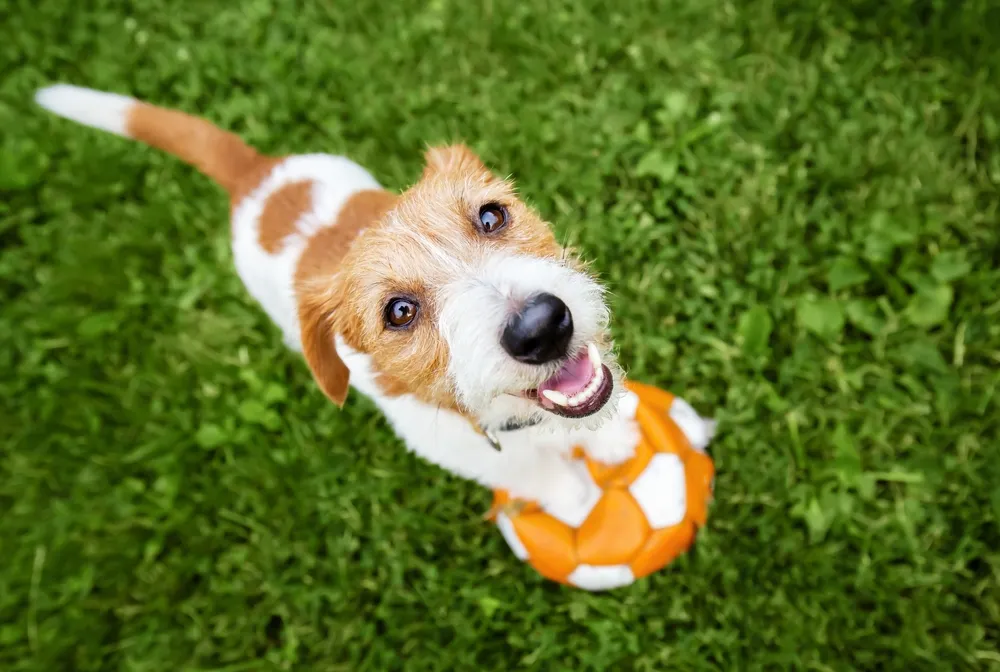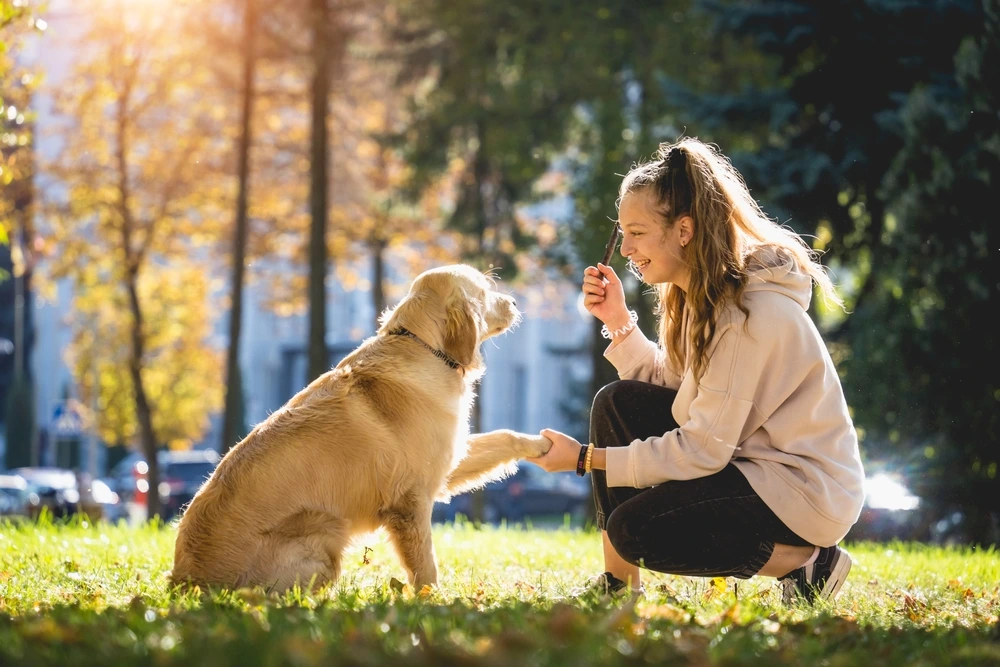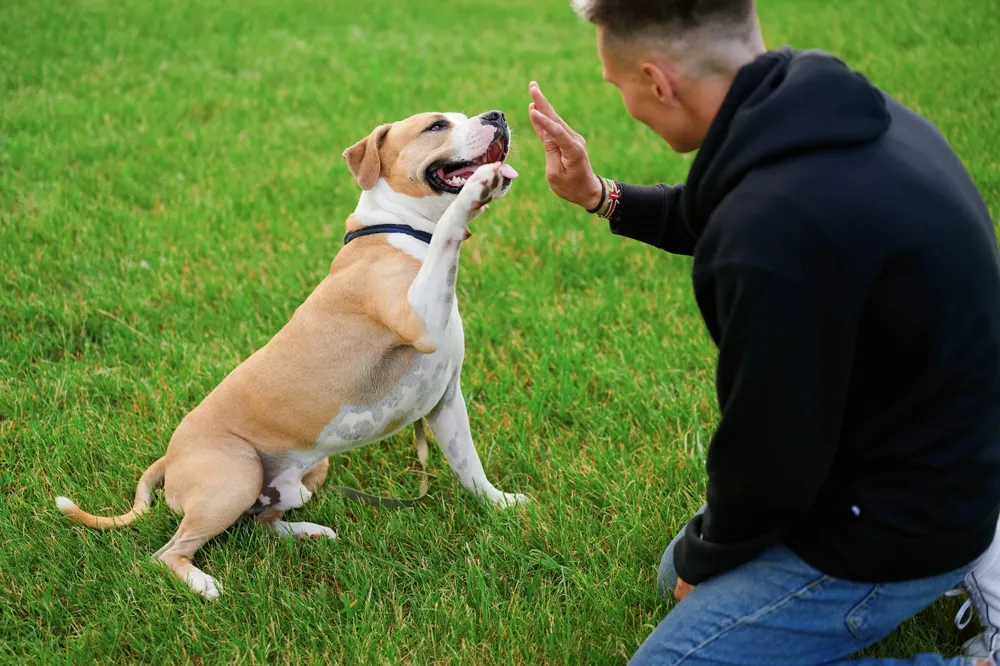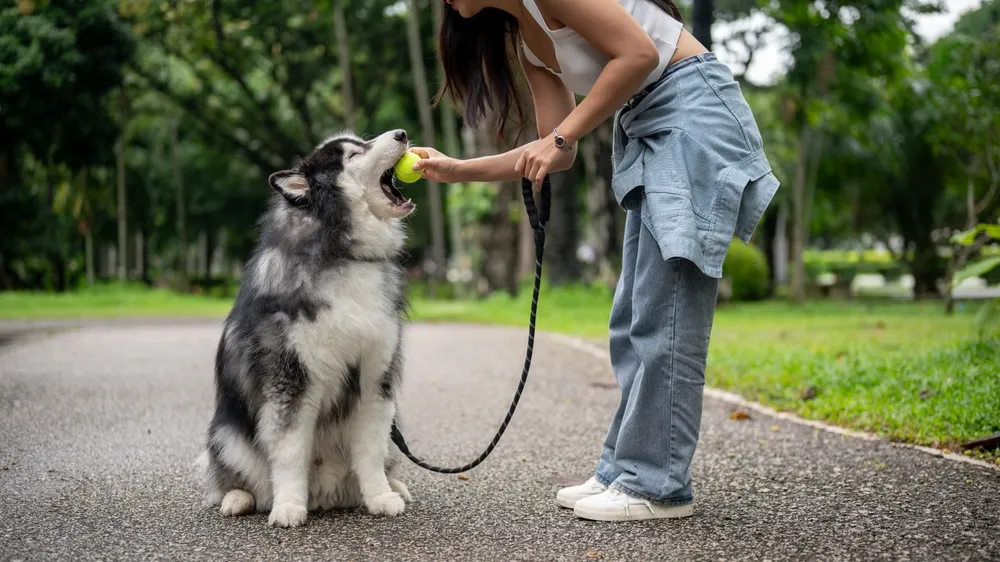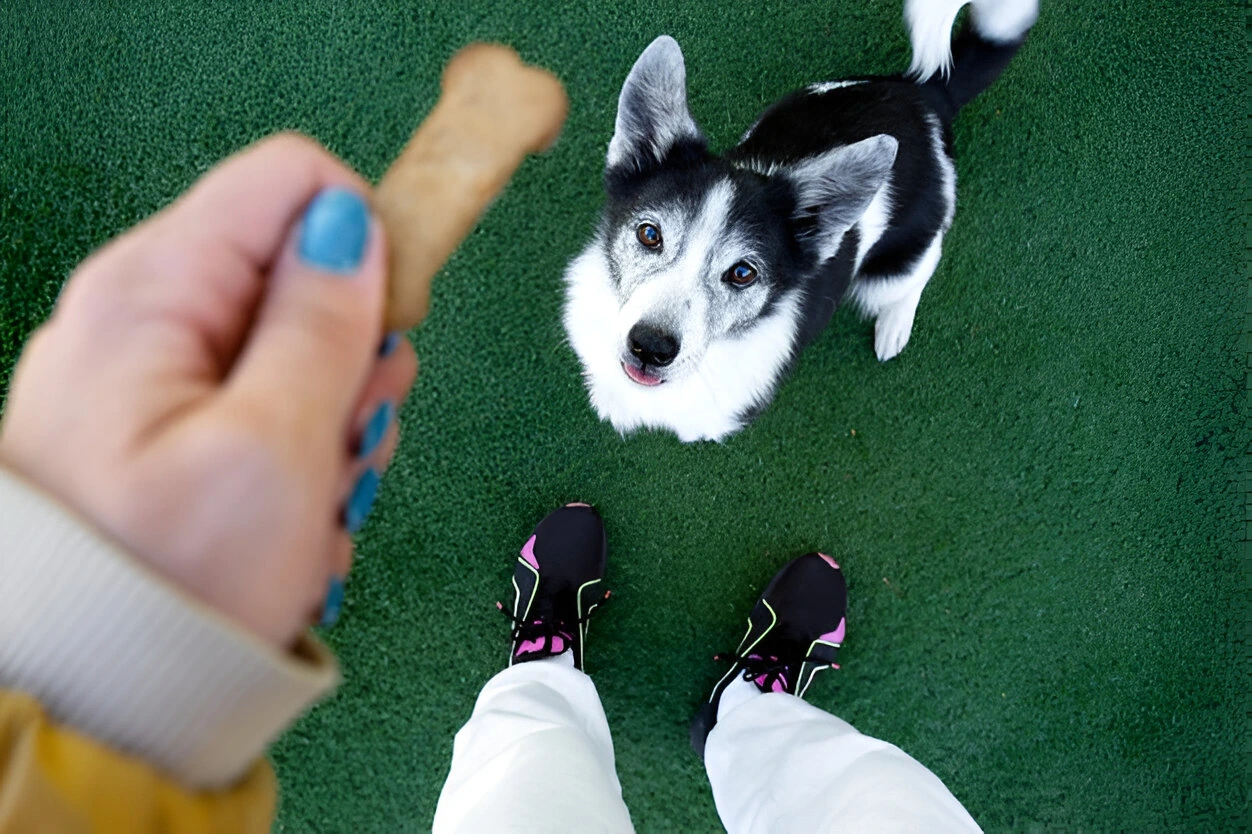
Dog training is crucial to get a happy, safe, and calm dog. The first training session plays an important role in a dog’s life because from here he starts learning many new good habits. A professional trainer can better guide your god especially when you are dealing with the bad habits of an older dog. If you’re in Chicago and preparing for the first session of your pet, here is what you can expect.
In this article, we will delve into the details of why the first dog training consultation in Chicago matters. Further, we will describe the steps of this training, the outcomes, and a perfect spot in Chicago to get your dog’s first training session.
Why the First Dog Training Consultation Chicago Matters?
The initial training consultation is more than a simple evaluation. In this session, a trainer sets the foundation of habits and commands in the dog. Trainers access the unique personality, find behavioral challenges, and understand your specific goals as a pet owner.
Some benefits of the first training consultation are as follows:
- This session reduces the fear and anxiety of the dogs, and a welcoming interaction encourages them for further sessions.
- It is the first brick in the foundation of a well-mannered canine companion.
- A properly structured consultation ensures that training efforts are targeted, efficient, and aligned with both the dog’s temperament and your household dynamics.
Steps of First Training Consultation
The first session of dog training is important for the pet, owners, and trainer. The pet seems to be nervous and anxious, the owner seems to be excited, and the trainer seems to be enthusiastic to teach something new.
Some essential steps in the first dog training session are as follows:
Introduction and Client Onboarding
Once you arrive at the training institute or welcome the trainer into your home for a private dog training session, you’ll start with a formal introduction. The trainer will ask some basic questions such as age, breed, history, and current behavior patterns about your dog. You will also fulfill the client onboarding formalities if any are required. The trainer
- Gains a full picture of your dog’s background and sets the stage for a more productive session.
- Observe how your dog interacts with new environments and strangers.
- Gets key insights into your dog’s confidence level, socialization skills, and reactivity.
Behavioral Assessment
One of the most important steps of your first dog training session in Chicago is the behavioral assessment. As we know the whole training and command teaching is based on the behavior of the dog. Even, the speed of learning also depends upon the behavior of the puppy or dog. So, the trainer will pay close attention to:
- Body language (e.g., posture, tail position, eye contact)
- Reaction to people and other dogs
- Response to basic commands or redirection
- Signs of anxiety, aggression, or fear
- Leash manners and impulse control
In this part of the session, the trainer’s expertise shines. Certified Professional Dog Trainers – Knowledge Assessed (CPDT-KA) have the education, testing, and hands-on experience to accurately interpret canine behavior and propose effective solutions.
Discussing Your Training Goals
When the trainer finishes the complete observation, you will get a chance to discuss your requirements. Here, the trainer will also some questions to set the training goals. For example, the trainer can ask:
- What behaviors are you struggling with most?
- Are there any household rules you want to reinforce?
- Do you have long-term goals, like therapy certification or agility training?
- How much time can you realistically commit to training each week?
Here, you should answer honest questions so that the trainer can make a clear roadmap.
Environment Setup
The place of training matters a lot in the first dog training consultation. Some dog owners opt for sessions at professional facilities around Chicago, while others prefer in-home visits. Both options have advantages and disadvantages. For example:
- In-home training:
It offers a relaxed and real environment for the dog. Trainers can practice home-specific behaviors like jumping on guests easily in the home.
- Facility-based training:
It offers a distraction-free and controlled environment to the dog. It will also make the dog more obedient when a comfortable environment is not nearby.
Q&A Session for the Owner
Now, in this step, you can also ask questions related to the training and dog behavior. No doubt, you will also have many concerns such as:
- How do I correct bad behavior without punishment?
- What is the best way to reward good behavior?
- How often should I train at home between sessions?
- Are certain treats or toys better for training?
The Trainer’s Role: More Than a Teacher
A trainer plays an important role not only in the first session but also till the end of training. That is why, choosing a certified trainer or professional training institute is necessary. During the consultation, a CPDT-KA trainer analyzes your dog’s learning style, how they react to stimuli, and how you and your dog communicate.
The role of trainers includes:
- Firstly, they assess and observe the behavior of the dog keenly.
- With their experience, they judge how a specific dog will be trained.
- They teach different simple commands used in daily life and complex commands used outdoors.
- They also look for red flags such as aggression, anxiety, or other behavioral issues. It might require a different training strategy or even a veterinary behaviorist referral.
Developing a Personalized Training Plan
After reviewing the overall behavior and condition of your dog, the trainer will make a personalized training plan. You can also get this plan if your dog is getting training in dog group training sessions. This plan consists of training goals and the dog’s needs.
Usually, a personalized dog training plan consists of these components:
- Focus areas (obedience, leash training, behavioral correction, etc.)
- Training schedule and frequency
- At-home assignments (“homework”)
- Recommended tools or equipment (e.g., harness, treat pouch)
- Expectations for milestones and progress
Common Outcomes from the Evaluation Session
After investing in an educated and experienced trainer, you will expect marvelous results. No doubt, a first training session is not the final one, but it brings many valuable outcomes.
By the end of your first dog training consultation in Chicago, some common outcomes from this evaluation session are:
- A better understanding of your dog’s behavioral issues
- A clear set of training goals
- A personalized plan according to your lifestyle
- A schedule for future training sessions (weekly, bi-weekly, etc.)
- Initial exercises or homework to start right away
- Insightful answers to your pressing questions
- After completing the session, when to come for follow-up
Before booking your first session, it’s helpful to understand dog training costs in Chicago so you can choose between private or group training based on your budget and goals.
Ready to Start Training? Book a Free Consultation Today
Your dog’s training journey begins with one thoughtful, personalized session. Whether you are dealing with puppy basics or serious behavior issues, a professional dog training consultation sets the tone for success.
If you are in the Chicago area and ready to transform your dog’s behavior, contact Prestige Dog Training Institute. It is a top-tier platform for training all kinds of dogs at different ages. It is the first step toward a more harmonious relationship and a happier, more obedient dog. Let’s build the foundation—together.
Book a free consultation today with a certified CPDT-KA trainer of Prestige Dog Training Academy.
